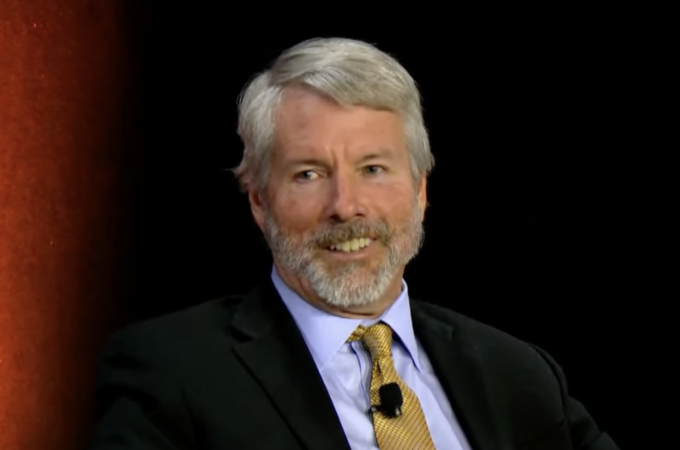
Could hackers be the next bankers?
WIRED: Are hackers the new bankers? This is the question rolling around in the mind of Alexa Clay following the publication of her book, The Misfit Economy. “The whole mission that I’m on right now is how to we build bridges between mainstream economies and hackers,” she says. Clay believes that the hacking spirit has a place “both those inside and outside our financial institutions”. Hackers have popped up in the financial world because of the opportunities that have been presented to them; because they have been given the license to operate by the societal remit of banks being called into question, because bureaucracy has suffocated ideas and because saboteurs will be saboteurs.
But the distinction between saboteurs and heroes is far from clear cut. Clay points out that you only need look at the story of Enric Duran, known as ‘Spain’s Robin Hood’, to see this. Duran borrowed 500,000 euros from banks with no intention of ever repaying the loans. He gave the money to activists and fled to Brazil. The rise of such figures has been accompanied by the rise of whistleblowers — people who bring their deep beliefs about society into their jobs.
“This kind of ‘calling’ is something I’ve noticed in other species of hackers as well,” says Clay. “They bring their values and entrepreneurial ideas and mission into the financial institutions of the world. These are the kinds of entrepreneurs who work in big companies where they learn to navigate corporate politics and forge strong alliances in order to hack companies from the inside. “They are not out for their ego but are looking to infect the cultures around them.”
“I’ve been working with these sorts of humble hackers for years. For me these species are in between the old and new worlds of money — they have one foot in each paradigm,” says Clay. “They maintain a productive and progressive stance in the world. Its imperative that financial institutions learn how to better host them.” They help to show, she says, that “money is not a flat antiseptic currency but something we are in relationship with”.
The spirit of entrepreneurialism can be found everywhere though, even in the most unexpected places, and that spirit fuels the informal economies of the world, which are valued at $10 trillion. An important skill needed to flourish within these informal economies is the ability to embody the spirit of hustling. Many entrepreneurs in informal economies are born into poverty have this locked down, and yet also demonstrate the traits of formal entrepreneurs.
“Some of my first conversations within theses economies were with ex cons,” says Clay. On one occasion she was speaking to a figure known as King Tone who was leader of an infamous gang known the Latin Kings. “The first thing that he did was push back against my use of the word gang,” she says. He told her: “we are an organisation like any other”. “This really got me shifting my perspective on the underground,” says Clay Read the full article




